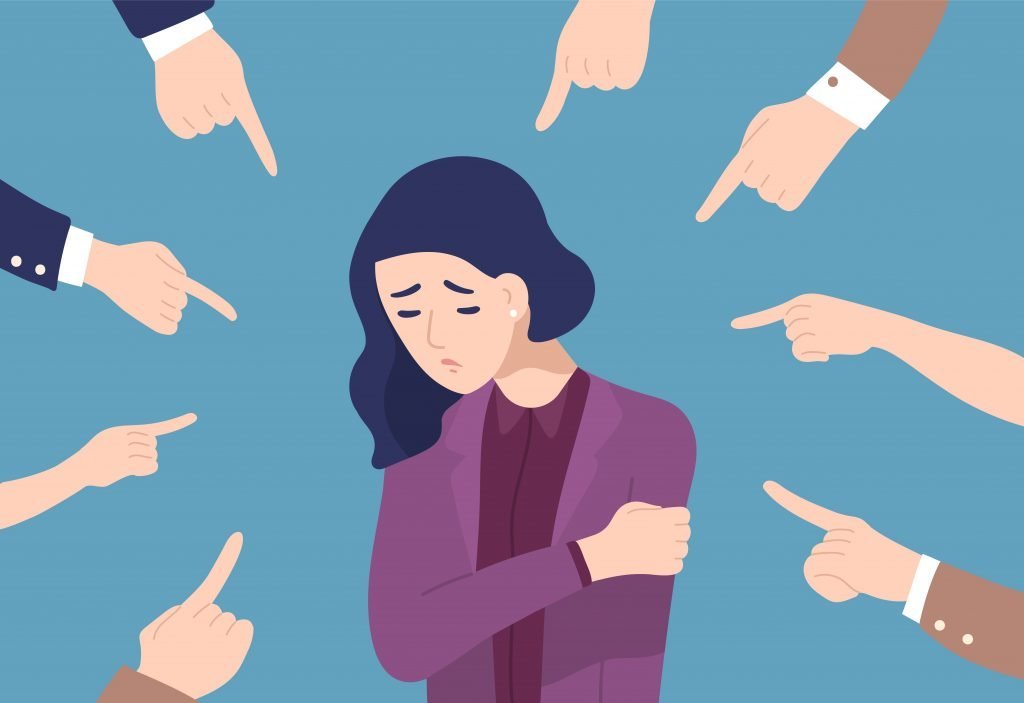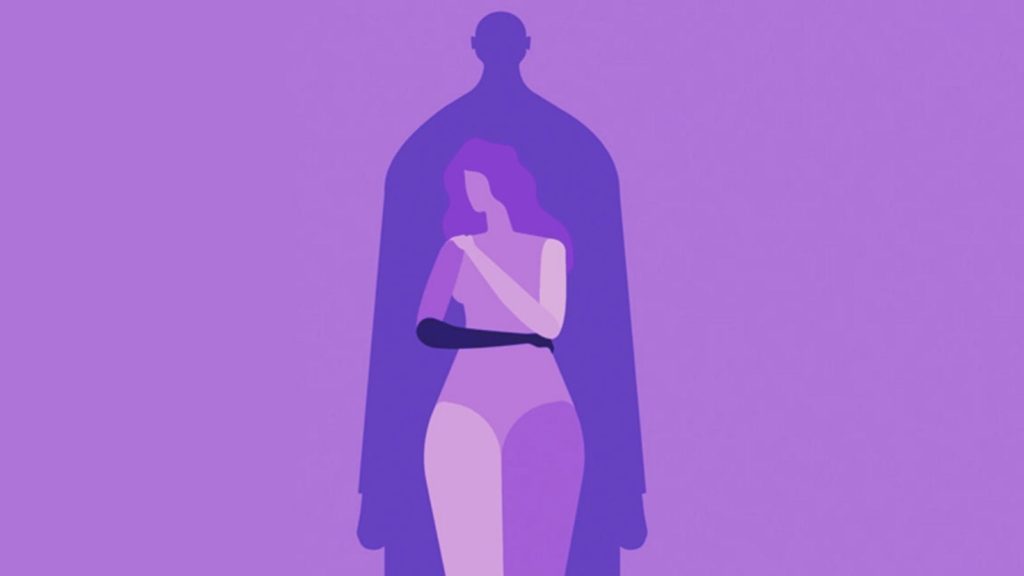It’s set, we live in a patriarchal world. In the Middle East and around the world, everyone is living in a patriarchal world where females are inferior to males. While feminism fights to put an end to oppression and sexism, there’s something that happens daily that’s being overlooked: the passive voice and its political effect.
Females often fall victim to violence, verbal and sexual harassment. They are overall in a vulnerable position in society. However, female victims get the wrong representation in the media and in daily life by common people as well. People usually say, “a woman was raped” or “she was groped.” Rarely do people say, “a man raped a woman” or “a man groped her.” Rarely does the media too.

Those sentences are in the passive voice; they don’t mention the doer or in other words, the agent. It’s as if the victim, who is a woman, happened to just stumble upon a rape. While in fact, there’s an action doer, who is usually a man. Using the grammar of non-agency, as in, passive sentences, clears the agent of any responsibility, putting the weight of the “incident” on the victim. Such kind of language has a political effect that reinforces patriarchy, further protecting men.
The part the media plays
The media reports the number of sexually assaulted women, putting the main focus on women; meanwhile, it doesn’t mention the number of sexual assaulters. In most cases, the victims need to be represented. However, what comes across is a total disregard of the attacker and the huge part they play. Meanwhile, the responsibility falls highly, and sometimes solely, on the wrongdoers, the sexual harassers, or rapists.
A simple example to illustrate is that some people believe and say that, “if women dress modestly, they wouldn’t get harassed.” In that sentence, women are responsible, they need to do the work and dress in a specific way, so they wouldn’t “get harassed.” The agent that harasses them is deleted as well, doing women no justice whatsoever.
The media might use passive sentences in headlines and titles, relying on the reader to interpret. That works as an attention-grabbing technique, and sometimes as clickbait as well. In reality, the media shapes cultures and societies, so if there’s a way to make a change, it has to be through the media.
Instead of saying that violence against women is an important topic, say that men are violent against women. Call it like it is to truly make a change.



